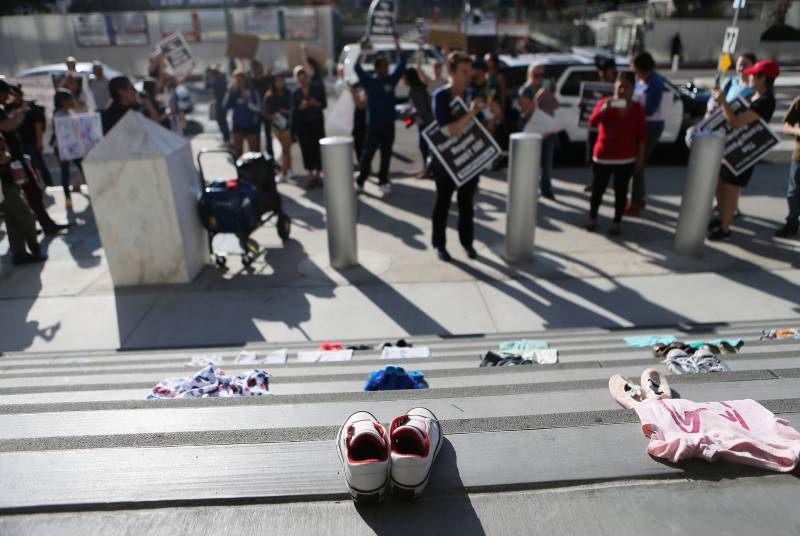In a court filing late Wednesday, the American Civil Liberties Union and the federal government announced the start of settlement negotiations in the longstanding lawsuit over the forced separation of immigrant families trying to enter the United States.
Lee Gelernt, deputy director of the ACLU’s Immigrants’ Rights Project, who has been representing the separated families in court for the past three years, says the government recently reached out to begin talks to conclude the litigation.
“We are welcoming any chance to talk about how to get these families reunited as quickly as possible, so we will talk to the government,” he said. “Obviously our patience will run out at some point if we can’t reach agreement.”
The class action lawsuit began in 2018 and has been the primary mechanism for court oversight of the family separations case, Ms. L v. U.S. Immigration and Customs Enforcement.
According to the filing, both parties hope that the settlement agreement and the work of President Biden’s family separations task force “will eventually resolve many or all of the outstanding issues in litigation” — most notably, the ongoing effort to reunite families.

